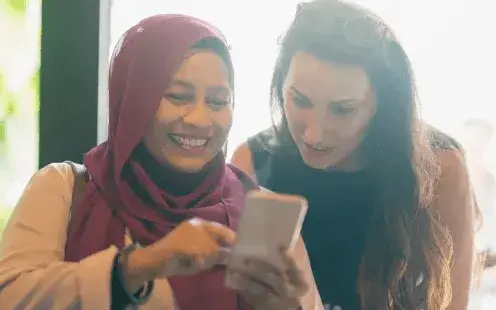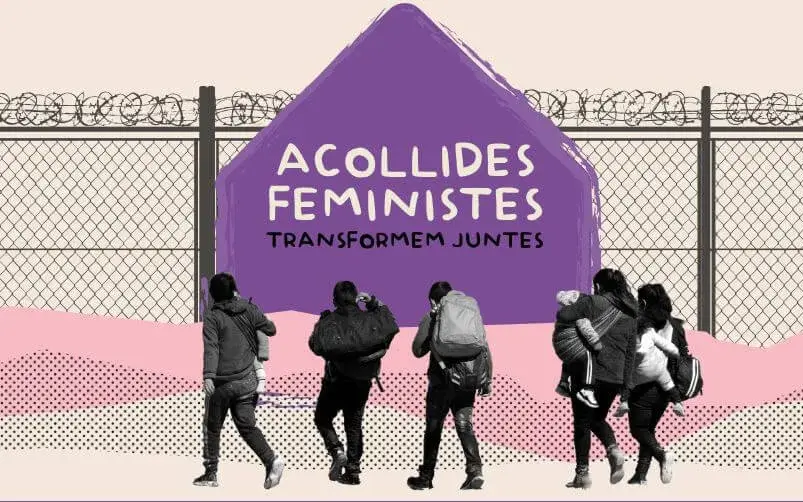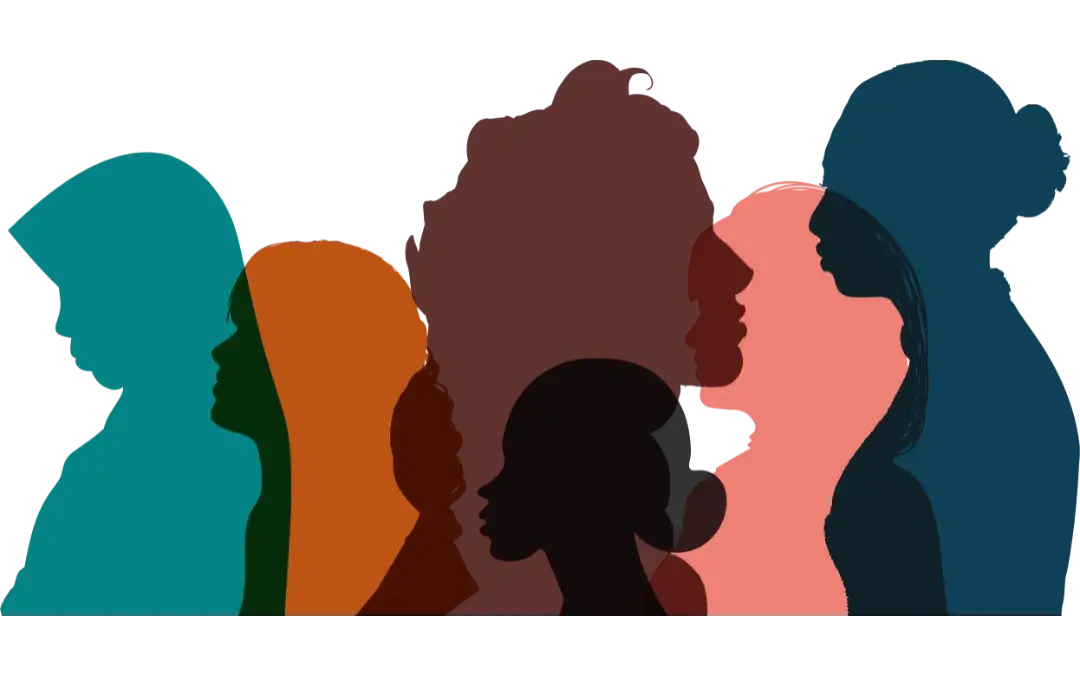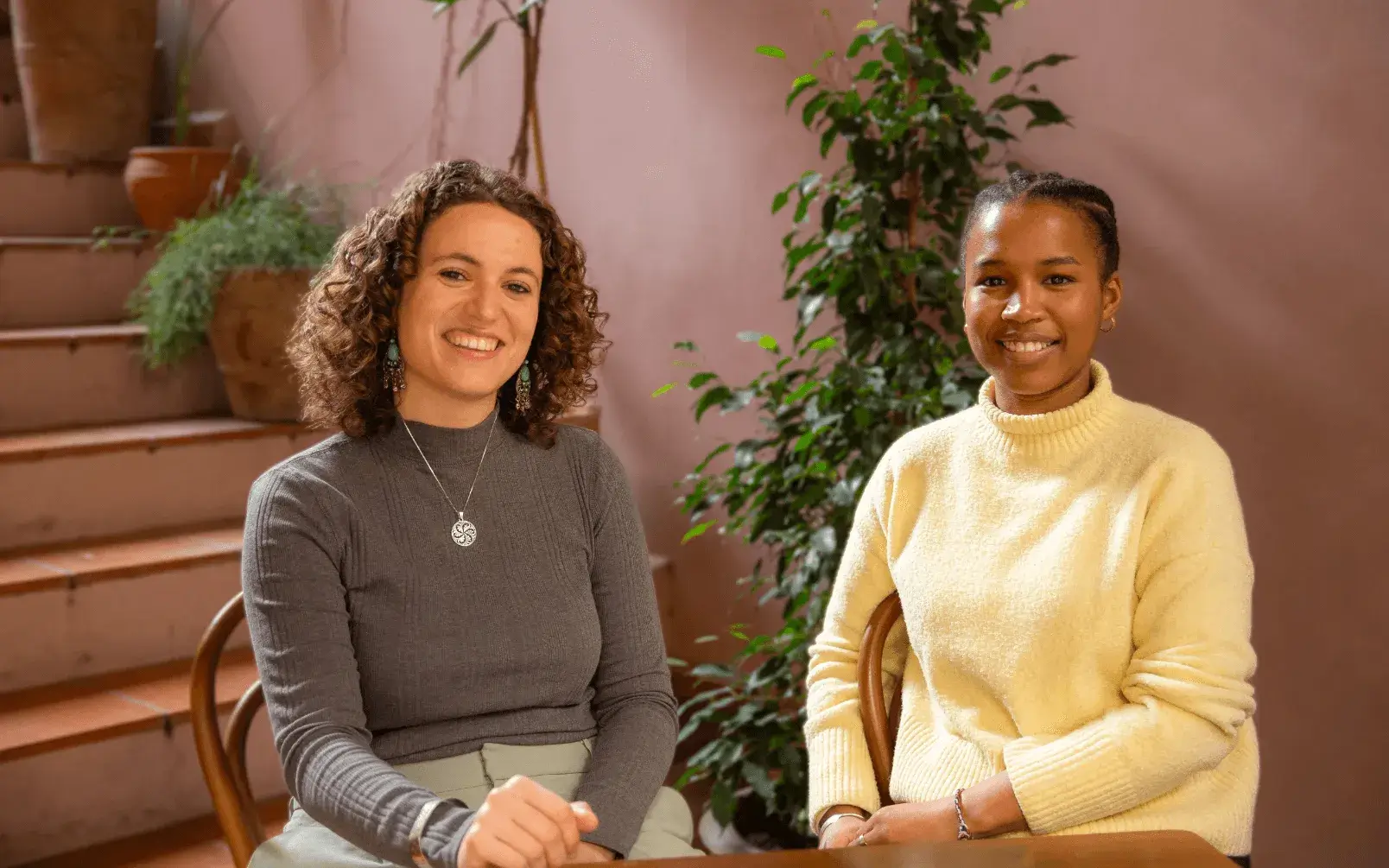
The catalan campaign is promoted by the Open Borders Coordinator and was carried out through social networks from December 10 to 18.
Registration for people who are going through a migration process is often a headache due to the obstacles they encounter. This situation leaves many people in a position of vulnerability and lack of rights. For this reason, several entities that work to support people who have problems obtaining registration have launched the 'Totes veïnes' (all neighbours) campaign through social networks .
The action is promoted by the Open Borders Coordinator , which works in the field of human rights and to achieve a dignified reception in the territory, and other groups that are part of the project of accompaniment and influence in the census. The aim of the campaign is to show the situations that many people find themselves in when obtaining the census, as well as to highlight the importance of this procedure to obtain a residence permit , access to healthcare or school, in addition to the emotional impact and uncertainty.
For example, " although everyone must be attended to, without a health card only emergency care is offered . To do this, the registration is requested", they assure from the coordinator. Regarding education, they explain that they have seen "cases that have taken up to six months to start school", because the council expects the child to have the registration to award him a place.
The testimonies that appear on social networks are the result of the support that the organization has provided throughout the year with a hundred people. In many cases, they live in rented rooms , according to the coordinator. “The town councils do not accept that these are cases of insecure housing and do not want to register them without a fixed address. This means that they either have to pay for the registration elsewhere, that they desist from registering so as not to lose their home or that they look to do it in another municipality,” they explain.
Domestic workers are also a group with common problems in obtaining registration: “Many families, due to ignorance, fear or lack of will, do not give the relevant authorization to the person who lives in their home caring for dependents and this prevents them from being able to register there”. Asylum seekers who initially live in hostels or hotels, or “ families who live squatting because they cannot access housing on the regular market” are also groups that the coordinator has accompanied.
The Network of Entities for the Registry has already detected almost forty Catalan town councils that make this procedure difficult: "Ripoll is perhaps the most media-worthy case, but we have others where, for example, expulsion proceedings or eviction processes are opened resulting from inspections that should only serve to verify residence in the home. Or town councils that disconnect electricity or water from people who are occupying the property after these checks. These are violations of basic rights that we have identified and denounced," say the coordinator.
' Totes veïnes ' is a sample of the situation that many people in Catalonia experience, but it also wants to " appeal to other groups to get involved to guarantee access to the register of people with difficulties", explain the entity. Along these lines, the campaign has served to show organizations that neighbors can turn to in these situations.
They have also “made some forms in which people who are having difficulty or know someone who is can indicate what obstacles they are encountering and, from the coordinator, they are contacted and supported or a nearby entity is found”. The Open Borders Coordinator also offers other consultation materials that citizens can use to support residents who are having difficulty registering.
The campaign also reflects the work that a large number of Catalan entities do every day. The coordinator is satisfied with the results achieved: " We have reached 10,000 people or more and groups that until now may not have focused on the registry and that, with the campaign and the project, will have more tools and arguments at their disposal to accompany the people around them in this essential procedure for the lives of many of them."






Add new comment